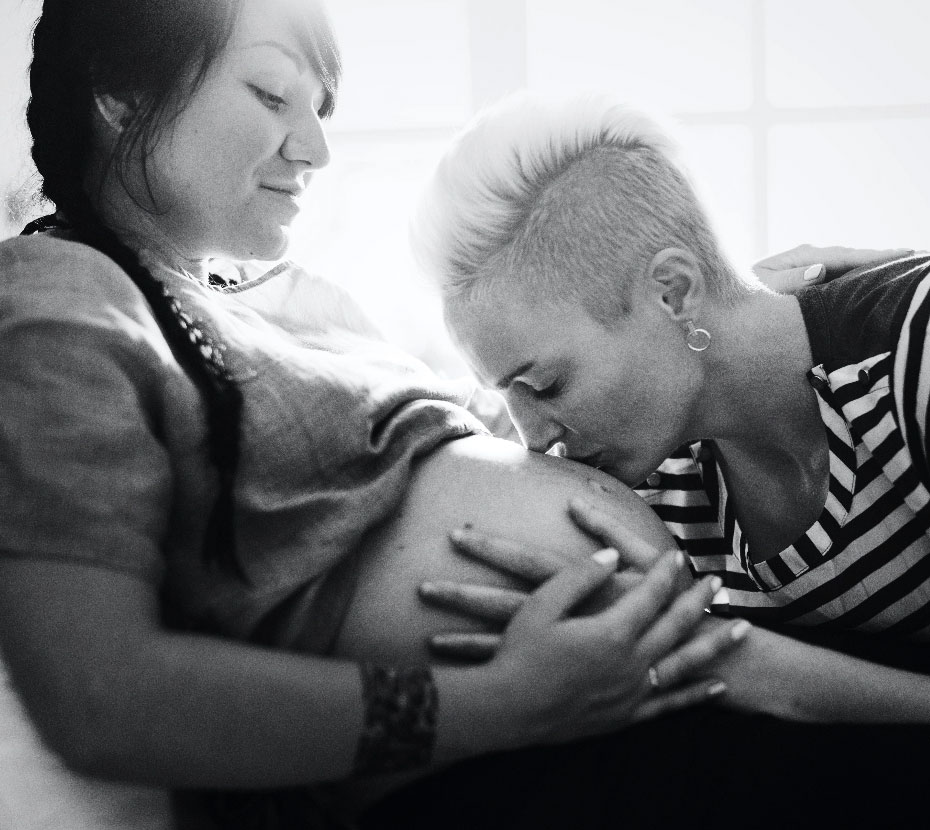Partners experience a huge adjustment during pregnancy and the postpartum transition as well. Up to 1 in 10 partners will experience a mood or anxiety disorder in the perinatal period (PMAD). However, if the birthing parent is experiencing a perinatal mood or anxiety disorder themselves, up to 1 in 2 partners will also experience a PMAD.


Reach out to us by phone or text at 604-255-7999, or on our toll-free line at 1-855-255-7999.
Even if you aren’t struggling with your own mental health, if you are the partner of a person experiencing a PMAD there’s a good chance that it is going to take a toll on you and your relationship with them. We are here to support you, too.


If you find yourself getting angry, frustrated, resentful, or impatient because of how long it’s taking, it’s important that you reach out for support.
Give us a call or text today: 604-255-7999 (call or text) or 1-855-255-7999 (phone only) For more information about how to support your partner, check out our page for supporters.
Pacific Post Partum Support Society is located on the traditional, ancestral, unceded, and occupied territories of the xʷməθkʷiy̓əm (Musqueam), Sḵwx̱wú7mesh (Squamish), səlilwətaʔɬ (Tsleil-Waututh), and Stó:lō First Nations.